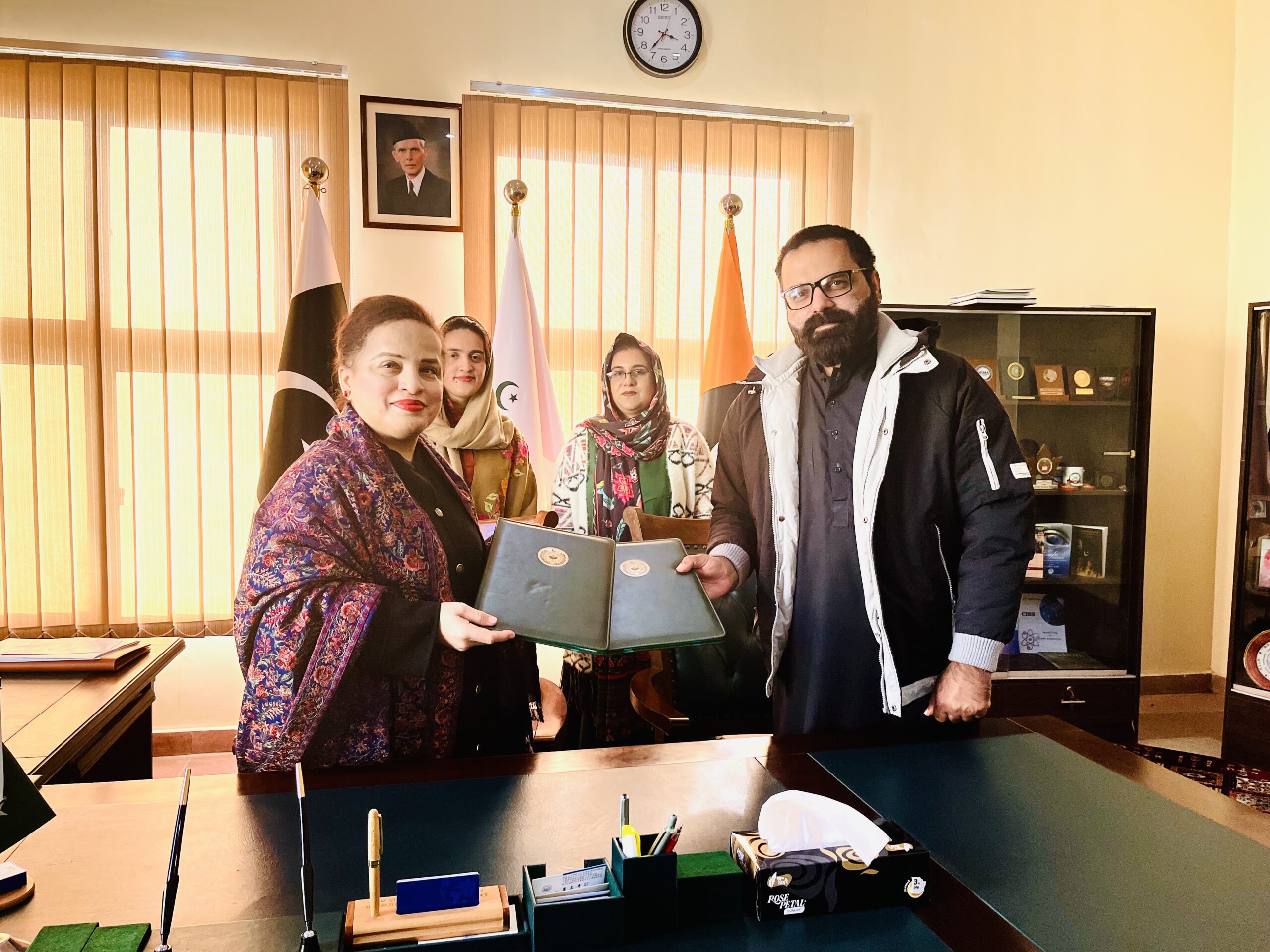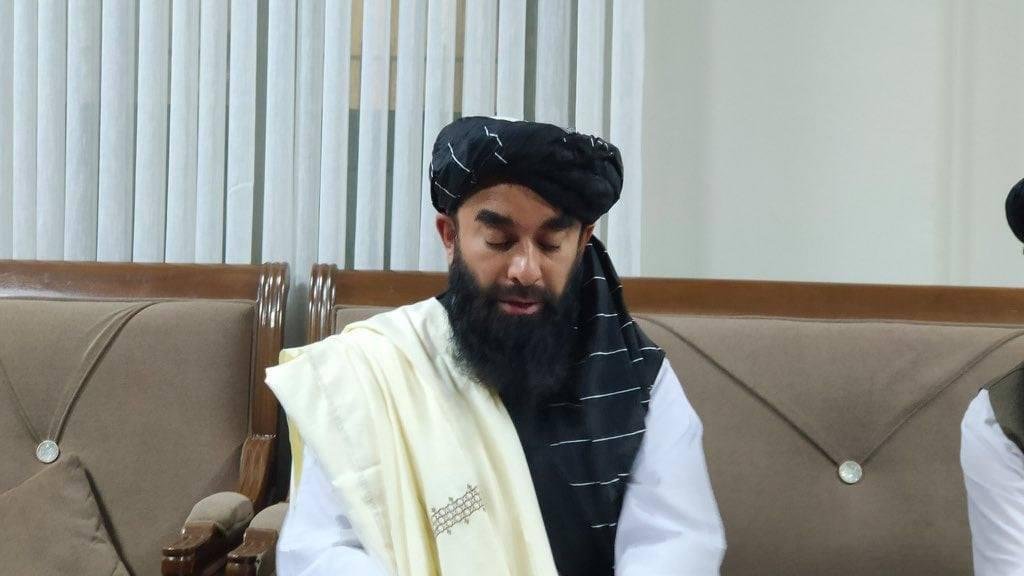
PM Shehbaz Meets Qatari Emir, Reaffirms Strategic and Economic Partnership
PM Shehbaz meets Qatar’s Emir in Doha, reaffirming strong ties and advancing strategic economic cooperation.

PM Shehbaz meets Qatar’s Emir in Doha, reaffirming strong ties and advancing strategic economic cooperation.

Three youth killed in Kishtwar encounter spark fresh debate over alleged fake encounters and accountability in Kashmir.

South Asia Times (SAT) and CISS AJK signed a Memorandum of Understanding on 11 February 2026 to collaborate on research, policy briefs and strategic dialogues.

Analysis of Taliban claims versus UN findings, examining sanctions, militant presence, and Afghanistan’s regional security impact.
![402 climbers from 53 countries get Everest permits this spring; govt earns Rs 684M, record attempts underway. [Image via Reuters]](https://southasiatimes.org/wp-content/uploads/2025/04/cdn4.premiumread-1.webp)
402 climbers from 53 countries get Everest permits this spring; govt earns Rs 684M, record attempts underway.
![Sri Lanka, Pakistan hold 5th Defence Dialogue in Islamabad to boost ties, regional security, and defence cooperation. [Image via The Daily Mirror]](https://southasiatimes.org/wp-content/uploads/2025/04/image_dc499a4e30.webp)
Sri Lanka, Pakistan hold 5th Defence Dialogue in Islamabad to boost ties, regional security, and defence cooperation.
![Pakistan plans legal action against India over IWT suspension following Pahalgam attack that killed 26 tourists. [Image via PTV]](https://southasiatimes.org/wp-content/uploads/2025/04/whatsapp-image-2025-04-30-at-2-08-44-am1745960941-0.webp)
Pakistan plans legal action against India over IWT suspension following Pahalgam attack that killed 26 tourists.
![Pakistan rejects India's accusations on Pahalgam attack, calls them baseless amid rising tensions and mutual punitive actions. [Screengrab/ PTV News]](https://southasiatimes.org/wp-content/uploads/2025/04/4597122-1006535882.webp)
Pakistan rejects India’s accusations on Pahalgam attack, calls them baseless amid rising tensions and mutual punitive actions.
![Pakistan's DFDI summit secures $700 million in investments, aiming to boost digital growth and exports despite challenges. [Image via PID]](https://southasiatimes.org/wp-content/uploads/2025/04/4597108-1517265699.webp)
Pakistan’s DFDI summit secures $700 million in investments, aiming to boost digital growth and exports despite challenges.
![Pakistan urges UN to hold perpetrators accountable for BLA's deadly attack on Jaffer Express train, citing external sponsorship. [Image via X/@PakistanUN_NY]](https://southasiatimes.org/wp-content/uploads/2025/04/4597025-725363039.webp)
Pakistan urges UN to hold perpetrators accountable for BLA’s deadly attack on Jaffer Express train, citing external sponsorship.